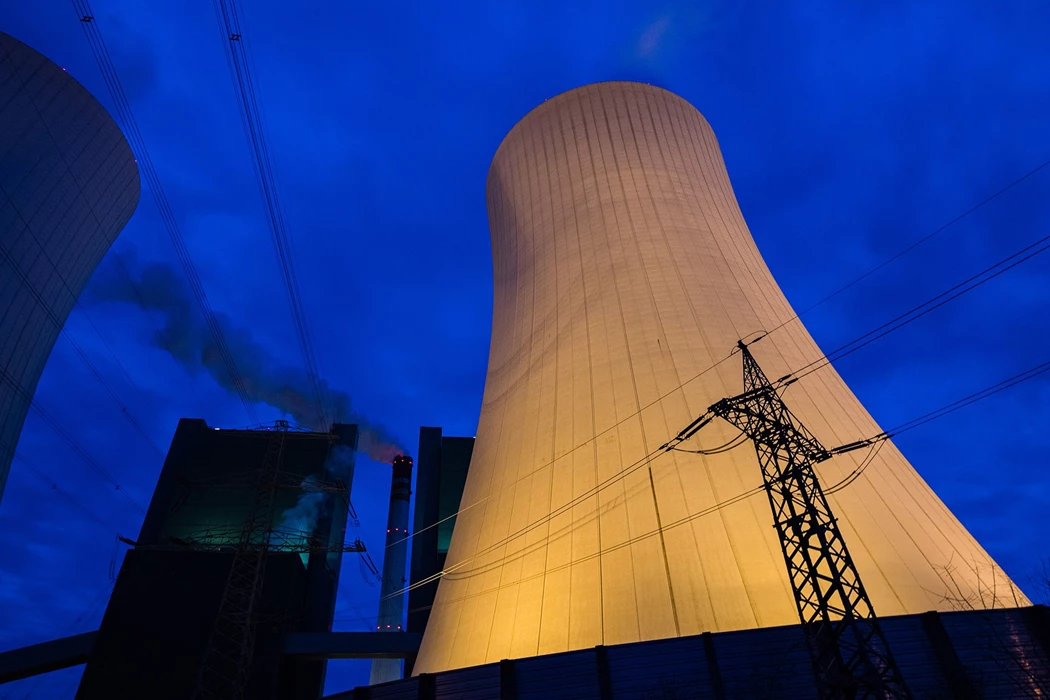Europe’s Push for G-20 Net Zero Pledge Is Thwarted in Venice
(Bloomberg) -- Finance ministers of the Group of 20 major economies meeting in Italy have failed to agree on a climate pledge to achieve net zero greenhouse gas emissions by 2050, according to people familiar with the matter.
A push by European nations to include the language in the G-20’s communique, which is due to be finalized on Saturday, was thwarted by several countries that are more reliant on fossil fuels, said the people, who asked not to be named because the discussions are private.
The disagreement highlights the difficulty of setting ambitious climate-related targets among a large group of countries with different, and sometimes conflicting, economic interests. It also casts doubt over calls for the G-20 to take a prominent role on the issue.
U.S. Treasury Secretary Janet Yellen said the G-20 could provide a platform to coordinate climate action to prevent disputes caused by policies that are “not well aligned.” Her French counterpart, Bruno Le Maire, used the event to call for a global minimum for carbon prices.
United Nations Secretary Antonio Guterres on Friday also said the group’s members should commit to net-zero emissions by the middle of this century to keep alive the prospect of limiting global warming to 1.5 degrees Celsius compared to pre-industrial levels.
Instead, a draft of the final communique shows that ministers have only been able to agree on less ambitious language to have a low-emissions strategy, people with knowledge of the matter said. That only replicates what was countries supported in the 2015 Paris Agreement.
Some G-20 members, including the European Union, have already set their own national net zero goals. But other major emitters, such as India and Saudi Arabia, have yet to do so. Developing countries have said they will be unable to step up their climate change targets until the richest countries deliver on their pledge to mobilize $100 billion a year in climate finance.
The G-20 statement, however, will for the first time recognize the role of carbon pricing as part of efforts to tackle climate change, the people said.
Nick Mabey, chief executive of E3G, a European climate change research group, said that while carbon pricing can be a useful tool, the “G-20 statement is just climate virtue-signaling without a clear commitment to reduce emissions.”
Carbon pricing is designed to force polluters to pay for their emissions and use market forces to push them toward cleaner technologies. While some 40 nations already have some sort of price mechanism for carbon, applying a single system globally would produce vast differences in the cost of energy.
“Whether this can ever be translated into a global carbon price, or even a global carbon floor price would still be extremely difficult,” said Peter Vis, a former climate official for the European Commission now advising Rud Pedersen Public Affairs. “Should it be 5 euros ($5.93) or 50 euros?”
More stories like this are available on bloomberg.com
©2021 Bloomberg L.P.





